
Solitary confinement is by far one of the most barbaric and inhumane aspects of our society.
Show Notes
Hear what former prisoner Shaka Senghor, who was incarcerated for 19 years and now directs strategy for the bipartisan initiative #cut50, has to say about President Obama's recent pledge to end solitary confinement for juveniles and low-level offenders. Senghor shares his insights from seven years in solitary in one of the nation's most violent prisons. Since 1980, the number of people incarcerated in the United States has more than quadrupled; the US now has the largest prison population in the world.
Speakers
-
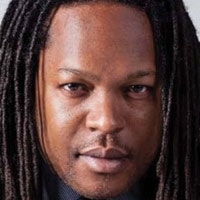 Shaka SenghorDirector of Strategy, #cut50; Author, Writing My Wrongs
Shaka SenghorDirector of Strategy, #cut50; Author, Writing My Wrongs -
 Ta-Nehisi CoatesSenior Editor and National Correspondent, The Atlantic
Ta-Nehisi CoatesSenior Editor and National Correspondent, The Atlantic -
 Jens LudwigMcCormick Foundation Professor of Social Service Administration, Law,...
Jens LudwigMcCormick Foundation Professor of Social Service Administration, Law,... -
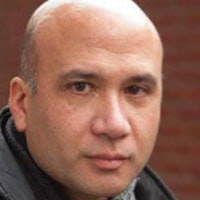 Bruce WesternDirector of the Malcolm Wiener Center for Social Policy, Guggenheim Pr...
Bruce WesternDirector of the Malcolm Wiener Center for Social Policy, Guggenheim Pr...
Explore
Related episodes

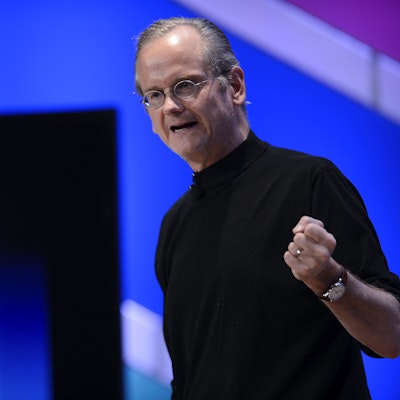
How can Americans restore their confidence in their government?


John R. Lewis reflects on his lifelong dedication for civil rights.


Arthur Brooks on bringing the most happiness to the most people.

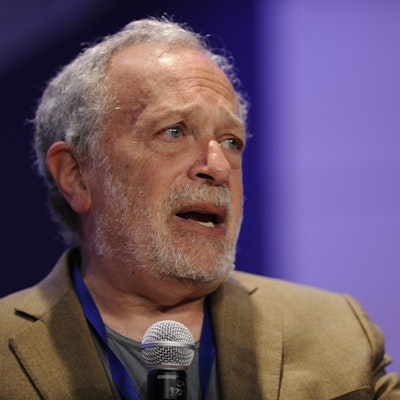
Robert Reich live at the Aspen Ideas Festival.
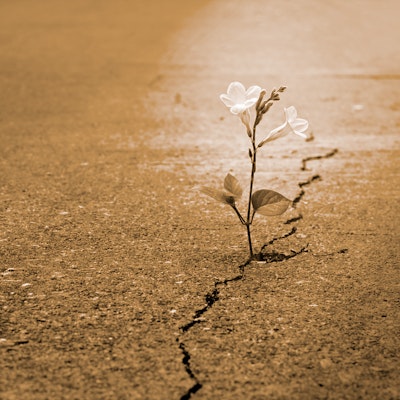

Hope seems like a simple concept, but the feeling can be difficult to hold onto. And when times are difficult and chaos swirls around us, it’s more important than ever. How do we find and practice hope when it’s elusive? Spiritual and religious leaders rely on centuries of experience and wisdom to continually guide people back to hope, and this episode’s discussion from th...


Creativity is as intrinsic to our species as any of our basic instincts, says Debbie Millman, designer and curator. But for millions of people in the United States, the ability to create has been thwarted. This basic human need, as important as love and shelter, Millman says, isn’t available for people serving time at the nearly 2,000 correctional facilities across America...


America’s “second founding” came on the heels of the Civil War, when the architects of the 13th, 14th and 15th amendments thought long and hard about how to enshrine civil rights that were truly for all into the U.S. Constitution. Despite an immediate backlash, including from the Supreme Court, and repercussions we’re still dealing with today, that second generation of fra...


Actor Rainn Wilson had his dream job on the hit TV show “The Office,” but was still being kept up at night by anxiety, depression, and life’s big unanswerable questions. He went on a quest to discover the world’s spiritual teachings, reading all the holy books of the world’s major religions. For several years, he researched and pondered concepts like truth, love, free will...


Current political fault lines are fracturing American society as people grow farther apart from one another due to differing beliefs and opinions. We often see people we disagree with as caricatures, and think we can never reconcile our differences. Yet despite that sense of contradiction we are much closer to each other than we think. To bridge the divide, we have to stre...


Former US Treasury Secretary Lawrence Summers says the recovery includes three stages: collapse, bounce-back, and slog. We’ve experienced collapse and bounce-back already. “Now we’re now headed for a slog,” he says.


Wes Moore, author of "Five Days: The Fiery Reckoning of an American City" (written with Erica Green), says communities around the United States must confront systemic racism.


Most Americans see religious freedom as an important right. Yet how that freedom is defined and applied isn’t consistent, and efforts to safeguard the religious freedom of some may be discriminatory for others.


When President Biden expanded the nation's Child Tax Credit in March, US Senator Michael Bennet applauded the move. Bennet, a democrat from Colorado, has been working to increase support for families since he introduced the American Family Act in Congress in 2017. Now he wants to make the Credit, which pays most American families $250 or $300/child each month, permanent. H...


How is social justice best pursued in a time when America is facing a reckoning on race? In today's cancel culture, many believe making the world a better place means banishing some opinions from the public sphere. John McWhorter, associate professor of English at Columbia University, says this censorious mindset threatens the value of free speech. McWhorter, a linguist an...


The American Dream says hard work will lead to a better life. But Harvard professor Micheal Sandel says climbing the ladder of success is getting harder in the United States, because the rungs on the ladder are growing further apart.
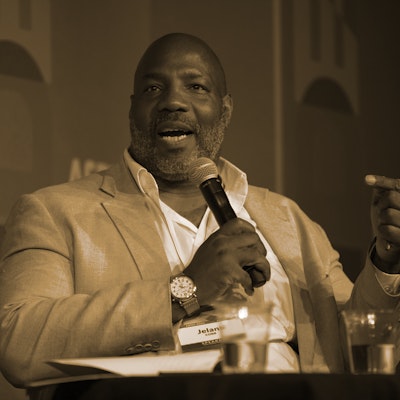

Today race is a more prominent and intransigent problem than ever.


Shira Stutman is senior rabbi at a historic synagogue that’s doing innovative things.

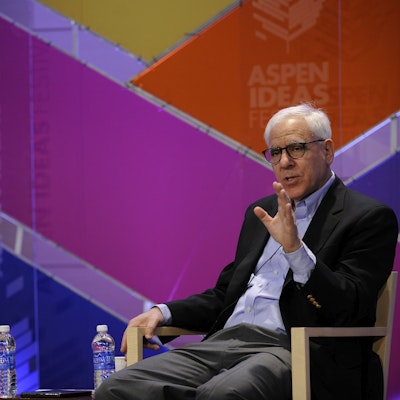
What were the ideals of the framers, and what can they teach us about modern American democracy?
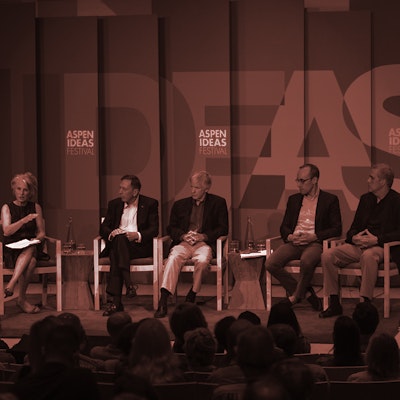
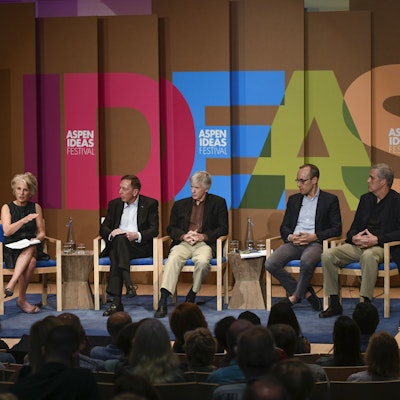
Afghanistan and Iraq: Looking back after 15 years and counting.


Robert Runcie on the power of education, how tragedy shakes a community, and why he believes in hope






